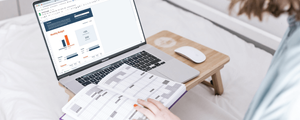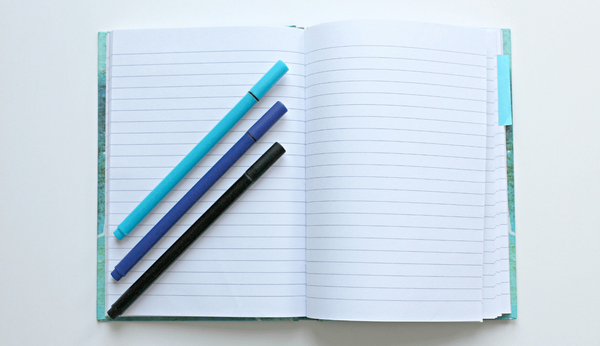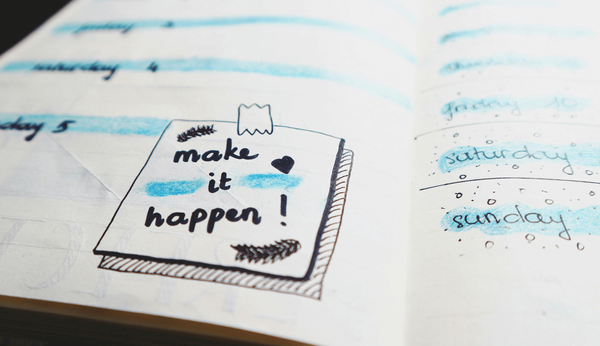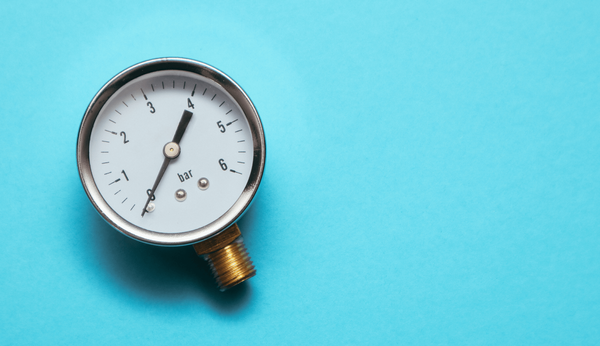A healthy bank account balance means not being in the red, right? The problem is that the money sitting in your bank account is doing absolutely nothing for you, in fact you’re actually losing the value of your money over time due to inflation - the ever increasing cost of living.
So although it might look like a healthy balance now, in a year’s time it’s likely going to be worth about 5% less in real terms. In other words, assuming inflation stays at around 5%, the purchasing power of your bank account balance will be 5% less. This is a worrying thought.
But there is another downside you’re missing out on earning any real interest on that money. In fact, instead of earning that interest, you’re effectively giving it to your bank. Now that’s an even scarier thought, if we consider the banks are already charging you fees to have an account and withdraw and deposit your money.
So why are you giving your interest to your bank?
Banks use the money that you deposit and lend a portion of that money out to other people, either as home loans or as personal loans. The bank then collects interest that the lenders pay on a monthly basis as revenue for the bank. This is interest that you could be earning, but instead you're effectively giving your bank interest you could be earning
So how can you earn interest on my savings?
The easiest and safest way to invest your savings is in a money market fund, which effectively lends money to banks and other large companies and institutions - ironic, isn’t it. Either you give the bank your interest, or the banks pay you interest.
Money market funds are great for a few reasons, over and above the fact that it pays you an interest rate that is more than almost all bank savings accounts, is that it is as safe and secure as a bank savings account and that you can access your money when you need it, unlike a fixed deposit savings account.
So how can you start investing?
The first thing to do is set up an emergency fund of three to six months worth of monthly income in a money market account that gives you access to your money when you need it but most importantly gives you interest on your savings so that your money can actually grow over time with compound interest.
As a rule of thumb, you should not have more than 50% of your average month’s expenses sitting in your bank account. This is only to ensure that you don’t go into overdraft, which can be expensive.
Once you’ve set up your emergency fund, you should be investing for the future, either for retirement or another investment goal that is important to you: like a home loan or your child's education.
Real Life Example
Let’s imagine you typically spend R 6 000 a month on living expenses and therefore only need at most R 3 000 in your bank account and want a R 18 000 emergency fund. Once you've saved up and invested R 18 000 in a money market fund, let's say you're able to save up an additional R 10 000.
Now if you invested that into an index-tracking equity fund that grows on average 10% annually and leave it alone for 10 years, you'll grow that R 10 000 into R 26 000 - not bad!
Now if you left that money in your bank account you’d likely have about exactly the same amount or even less after fees! So yo would have effectively lost earnings of R16 000!
If you had invested the R 10 000 into your money market account, you would still be losing out on over R 4 000 over a 10 year period. That’s a lot of money that is effectively disappearing.
Hopefully you now understand why you should be investing and not leaving money in your bank account, because you’re effectively losing money. If you’re investing for the long term you should be investing low-cost index-tracking equity funds that give you a diversified exposure to the equity market.
Don’t forget, when you invest in the stock market, diversification and a long-term horizon are key to ensuring you get the best long-term growth on offer.










